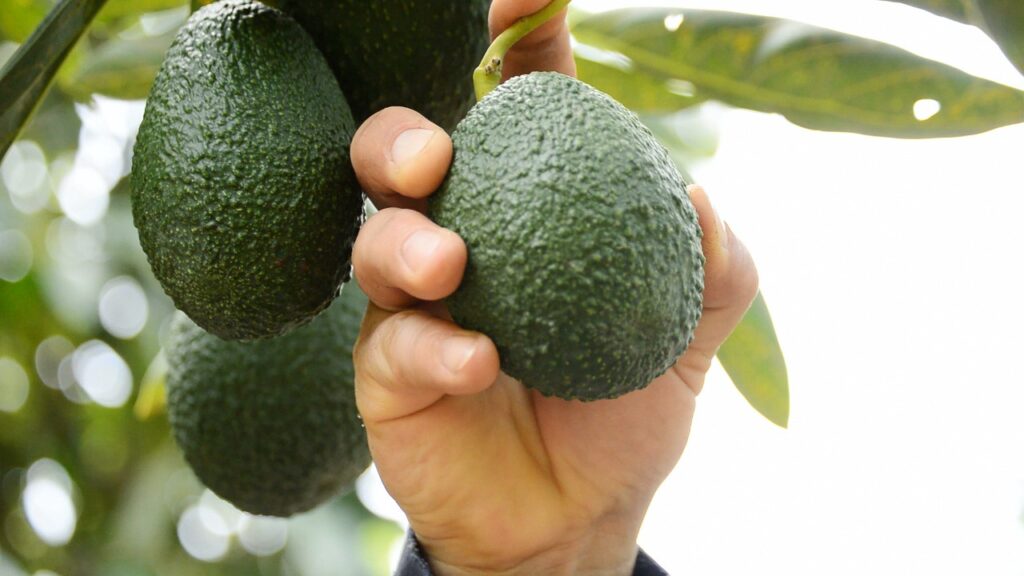The Sustainable Water Platform (PAS) considers that the creation, in the Algarve, of the first multi-origin hydro-agricultural development in the country will pollute the «waters of the Sotavento aquifers that should be preserved», so that they continue to be «a strategic reserve for human consumption".
The announcement of the creation of this exploitation system was made by the regional director of Agriculture and Fisheries of the Algarve in an interview with Agência Lusa.
According to Pedro Valadas Monteiro, the objective is to use three different sources of water: surface, underground and treated wastewater.
The project represents an investment of between 3 and 4 million euros, is part of the Regional Water Efficiency Plan of the Algarve, but does not reap the acceptance of environmentalists.
According to Pedro Valadas Monteiro, the «distribution of water from the Vila Real de Santo António WWTP to the reservoir of two very large farms» of avocado trees is already registered and foreseen «in the Regional Water Efficiency Plan, which is fed by funds from the PRR'.
In a statement, the Sustainable Water Platform criticizes the creation of this system of hydro-agricultural use of multiple origins.
«What is emerging is that, instead of adapting consumption to the water resources we have, on the pretext of a supposed water and economic efficiency, the waters of the Sotavento aquifers will be consumed and polluted, which should be preserved and constitute a reserve strategy for human consumption», he says.
According to PAS, millions will be invested “to benefit 500 to 600 hectares, including two large avocado monoculture farms”.
Due to all this, PAS wants to know, together with the Regional Directorate of Agriculture and Fisheries and the Portuguese Environment Agency, if there will be a Study and an Environmental Impact Assessment for this hydro-agricultural use.
In addition, environmentalists will also question these entities on whether the agricultural area to benefit exists, or will be created and/or expanded, as well as the name of the two “large companies” to benefit from this system and whether they have valid Water Resources Use Titles.
The list of issues also includes the requirement to comply with an Irrigation Management Plan and the Use of Fertilizers and Pesticides or the need to implement measures to regulate, monitor and inspect water efficiency at the origins of agricultural consumption.
Regarding the desalination plant, Pedro Valadas Monteiro said, in the same interview, that its construction will not have a “direct application” in agriculture, but will, for example, alleviate the consumption of dams, being “more for agriculture” .
In PAS's view, this means that «water from the dam and underground aquifers, of better quality and cheaper, will serve the interests of intensive agriculture».
«On the other hand, the desalination plant, which provides water of lower quality and much more expensive, is for human consumption, burdening the expenses of families», they accuse.
In the same statement, PAS expresses its “deepest displeasure” in relation to this first multi-origin hydro-agricultural development in the country “because it intends to spend the money that belongs to everyone to, apparently, benefit mainly two private companies to the detriment of the public interest and mortgage the future of the new generations».




















Comments